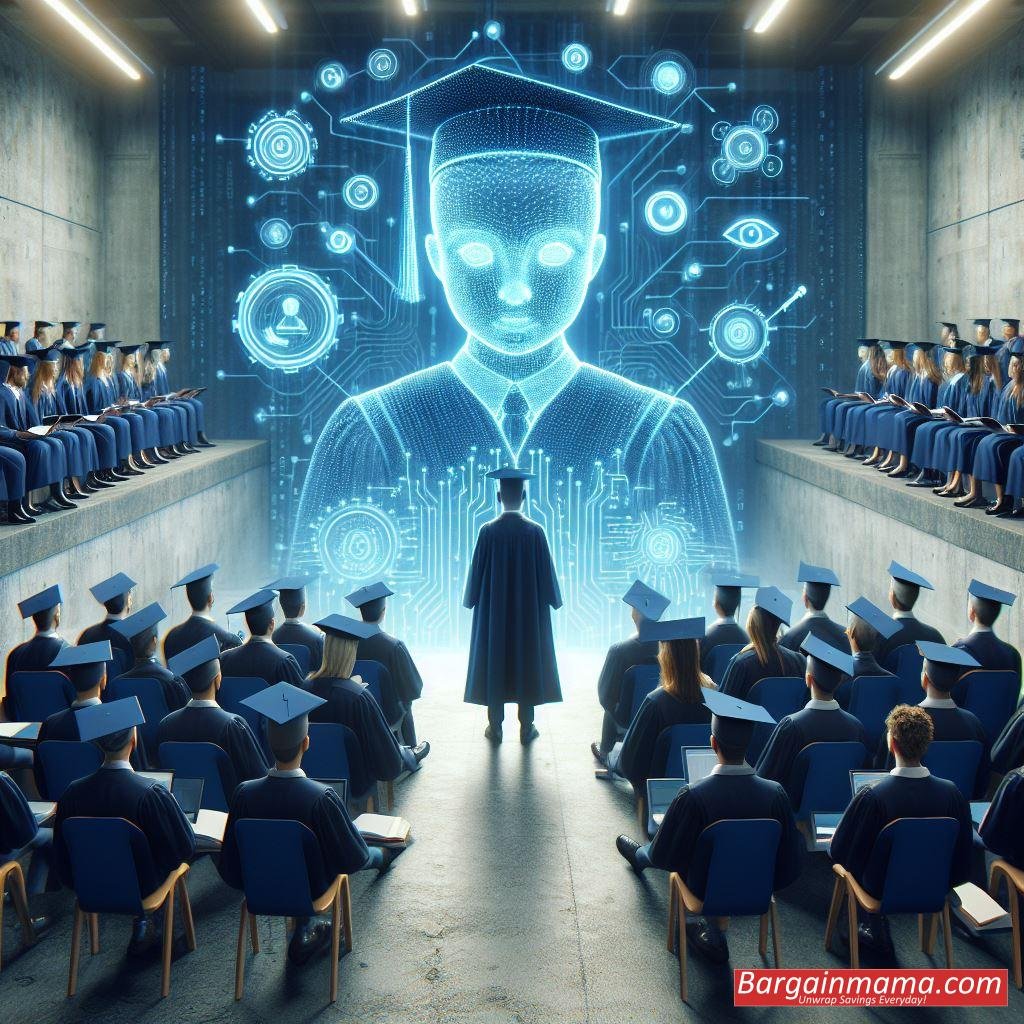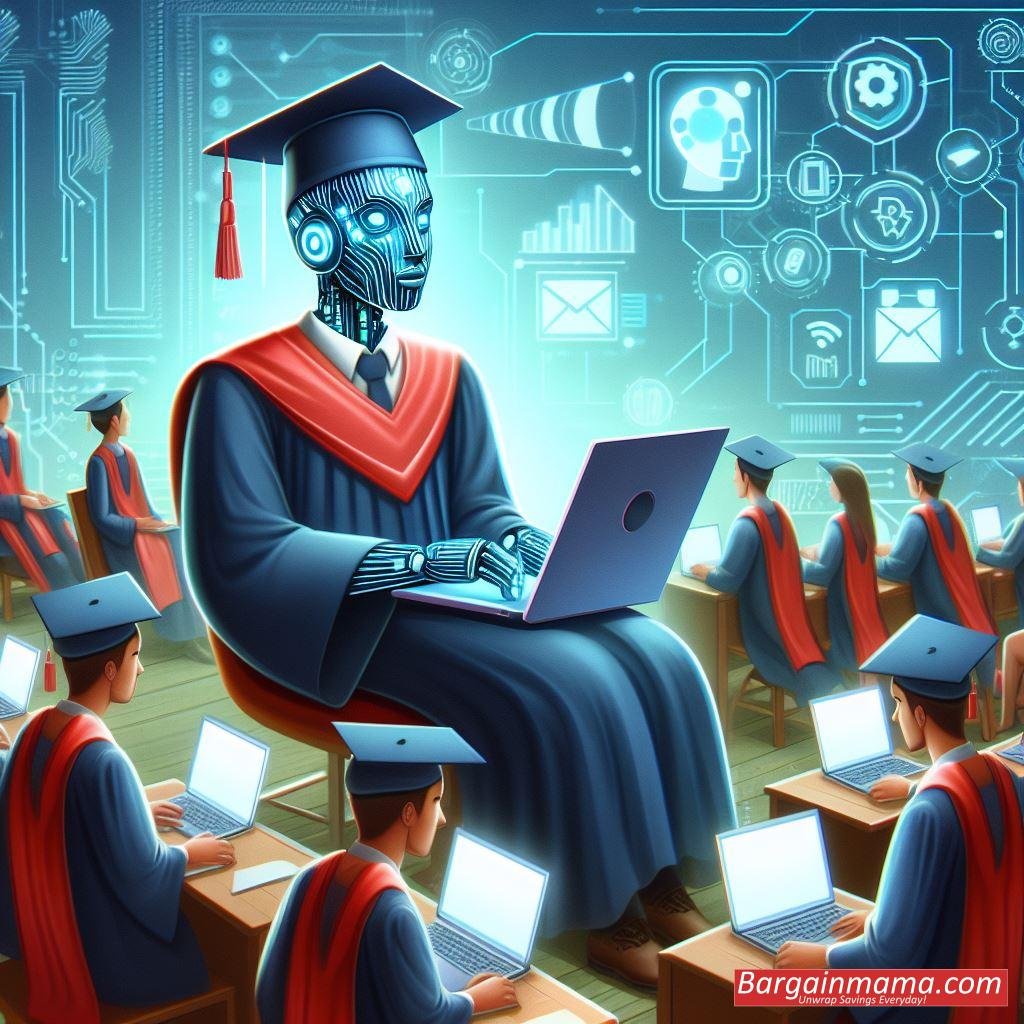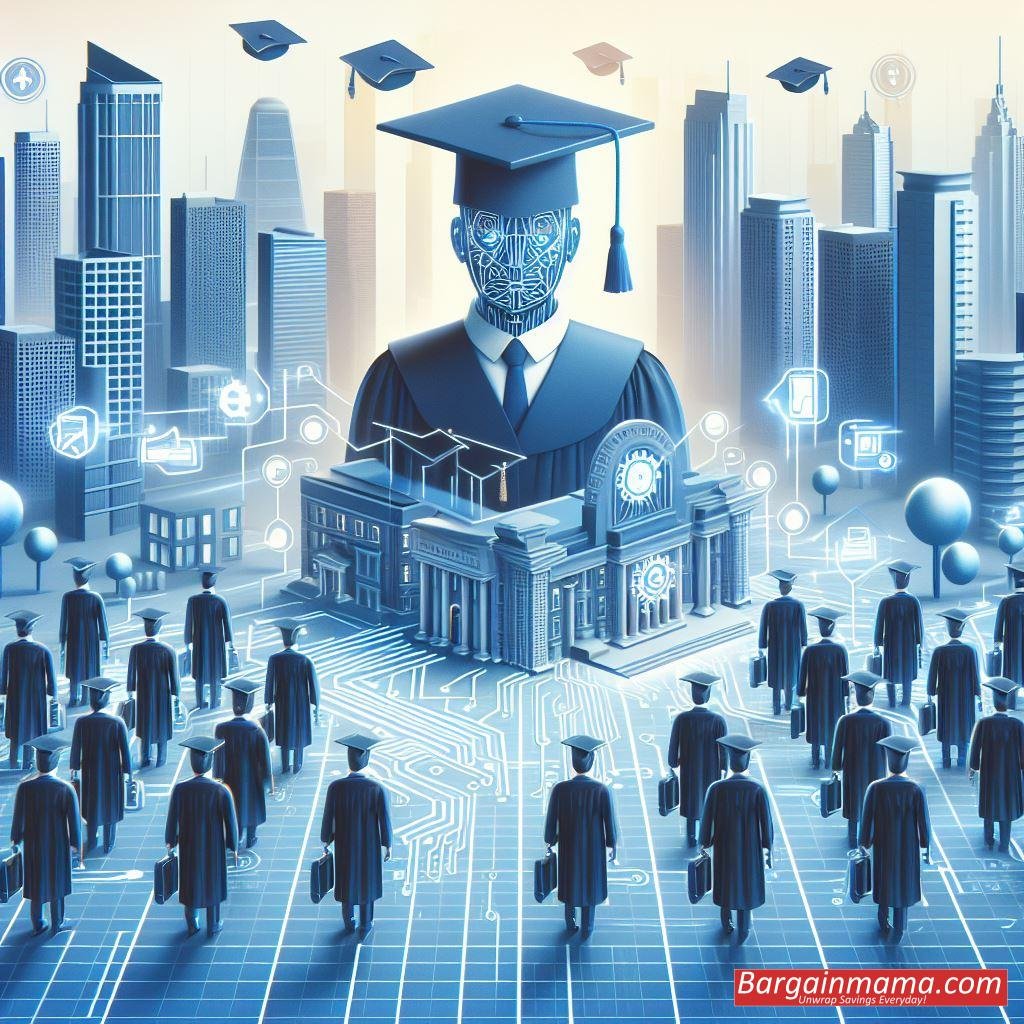By incorporating Artificial Intelligence (AI) into their academic curricula, business schools are leading a big change in a dynamic labor market that is becoming more and more molded by technology breakthroughs. This calculated action is motivated by the pressing need to provide graduates the tools they need to succeed in a world where artificial intelligence is drastically changing industries.

Recent studies claim that US business schools are pushing their students to properly use AI technologies in addition to integrating AI into their curricula. The goal is apparent: to make sure graduates can continue to be competitive and skilled in adjusting to the changing needs of the contemporary job.
The Kogod School of Business dean of American University, David Marchick, disclosed plans to fully incorporate AI into the curriculum. As a proactive reaction to the revolutionary impact of AI technology, the program comprises 20 new AI-focused seminars spanning a variety of areas including marketing and forensic accounting (as per The Wall Street Journal).
LiFT, an AI-powered leadership tool created by Columbia Business School professor Hitendra Wadhwa, is a ground-breaking move that will help students be ready for high-stakes scenarios. This cutting-edge tool is designed to improve crucial soft skills required in leadership jobs and makes use of insights gained from Wadhwa’s vast teaching expertise.

Wadhwa highlights the importance of having shorter, concentrated encounters with AI technologies, saying that even 15-minute sessions that are repeated many times a week may have a major positive impact. LiFT users report having superior decision-making skills, being more receptive to new ideas, and being able to mediate conflicts between opposing points of view more effectively.
The expectations of employers are another factor driving the strategic emphasis on AI integration. According to recent surveys, 75% of US companies value technological capabilities such as artificial intelligence (AI), machine learning, and data analytics among recent business school graduates. Less than half of these firms, nevertheless, think that current graduates are sufficiently skilled in these areas.
Professors like Ethan Mollick of the University of Pennsylvania’s Wharton School are pushing students to interact with AI systems extensively, going beyond simple technical skill. Mollick pushes students to confront the revolutionary possibilities of AI personally by requiring them to utilize ChatGPT and other AI tools to automate parts of their job.
Nonetheless, in the middle of this drive for the use of AI, educators such as Wadhwa support a well-rounded strategy. He stresses the significance of approaching AI with empowerment and interest as opposed to fear. This mentality change is essential to preparing students for the wider implications of artificial intelligence on the nature of labor in the future, as well as the demands of the modern job market.

The introduction of artificial intelligence (AI) into business school curricula is a proactive reaction to the changing needs of the labor market. Business schools are not only training graduates for the demands of the market today, but also empowering them to confidently and adaptably influence the future of work by promoting AI literacy and innovative uses of AI technologies.



